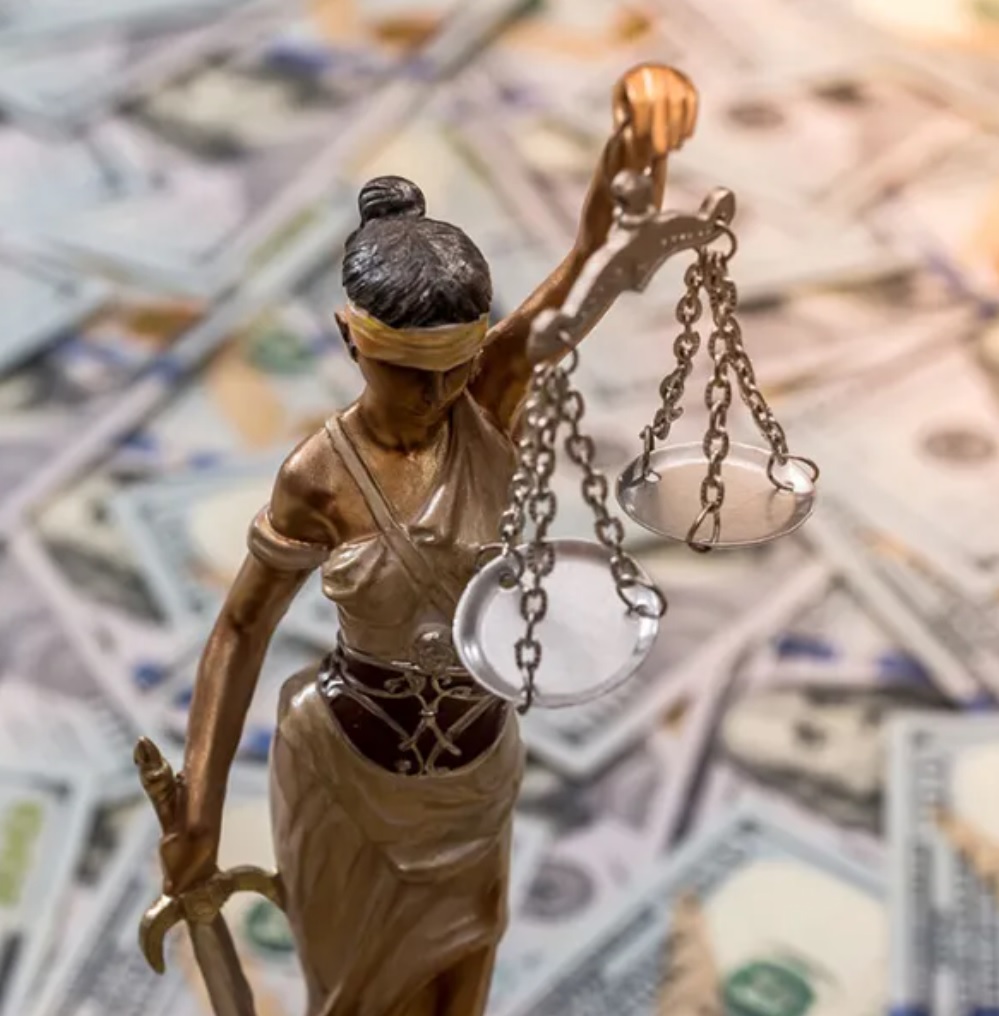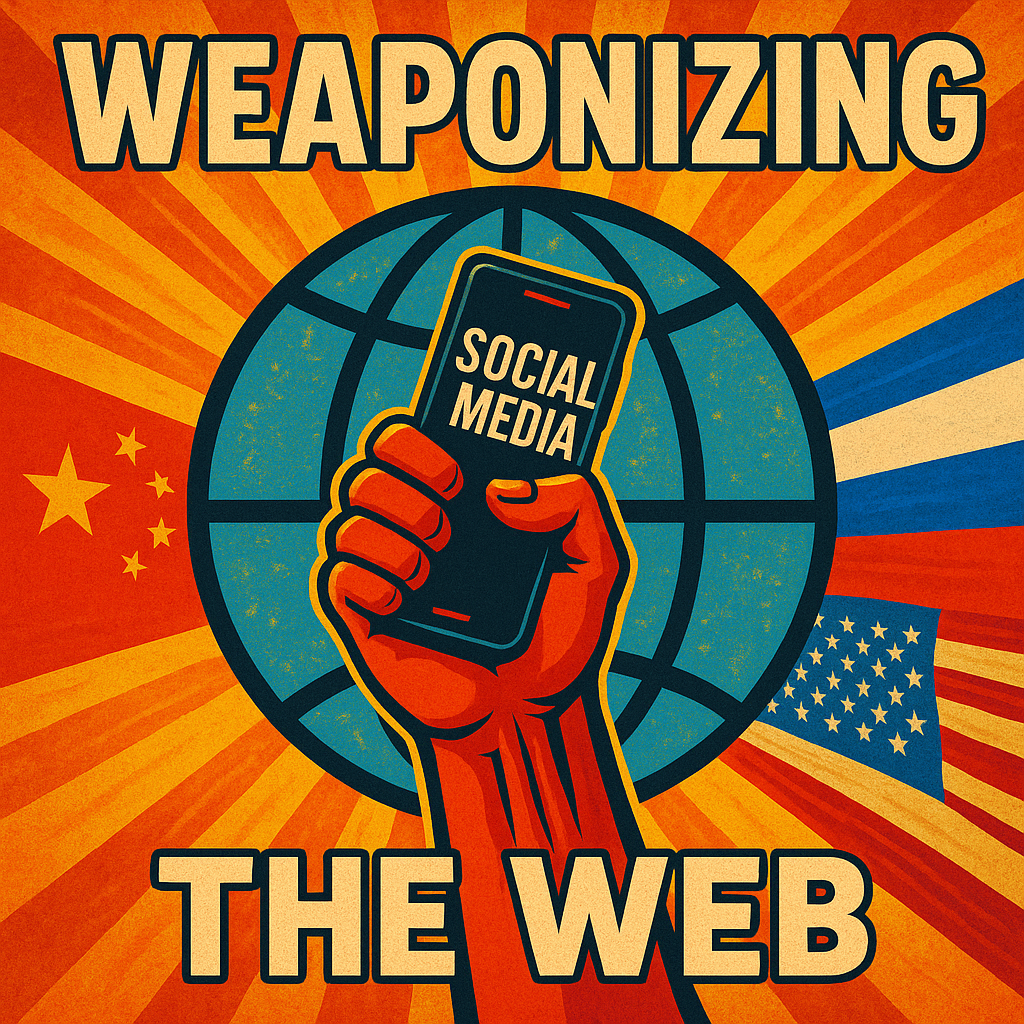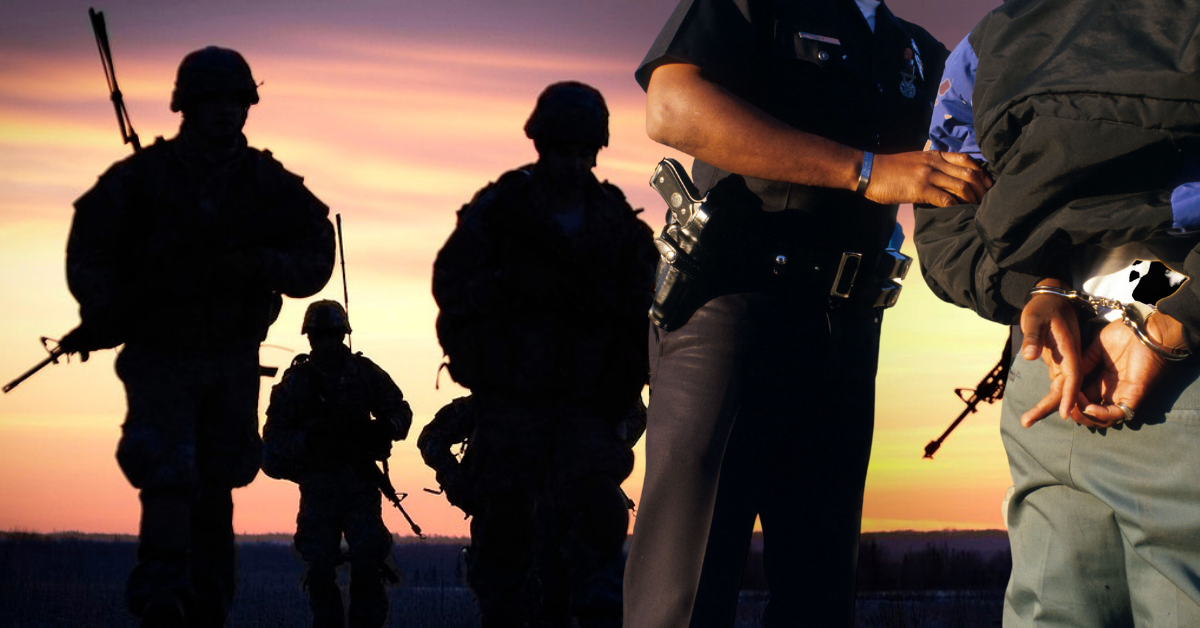The Unequal Scales of Justice: How Wealth Dictates Justice in America
When discussing criminal justice issues, the focus is often on the most vulnerable populations, but what about the middle class? While commonly perceived as economically stable, the middle class faces its own set of challenges when it comes to criminal proceedings. let’s look at the ways in which the middle class is shortchanged within the criminal justice system. We tend to believe that those who fall in the middle income bracket are safe from the pitfalls of the legal system, but the reality is quite different. Increasingly, we’re seeing a troubling trend of the justice system preying on the very people it should protect.
From unequal access to legal representation to disparities in bail, sentencing, exorbitant legal fees and prosecutors using systemic inequalities as weapons, we will shed light on the injustices that often go unnoticed. By examining these issues, we aim to ignite a dialogue about the need for reform and to ensure justice for all, regardless of their socioeconomic status.
Unequal Access to Legal Representation – Public Defenders and Limited Resources
Picture this: you’re facing criminal charges, but your bank account is resembling a barren wasteland you’ve been let go from your job due to your arrest. It’s no secret that legal representation can cost an arm and a leg, leaving many middle-class individuals in a tough spot. While the wealthy can afford top-notch lawyers with gold-plated briefcases, the rest of us is left scraping together our spare change just to consult one and get adequate representation.
“The middle class cannot hope to pay legal fees that average $338 per hour, leaving them little option but to represent themselves in court or go away empty-handed. Do we have adequate access to justice?” she asked. “It seems to me that the answer is no. We have wonderful justice for corporations and for the wealthy. But the middle class and the poor may not be able to access our justice system.”
Chief Justice Beverley McLachlin of the Supreme Court of Canada
To add insult to injury, the court appointed public defenders, are overwhelmed, understaffed, and overburdened with heavy caseloads and limited resources. It’s like trying to navigate a maze of spikes blindfolded while juggling flaming torches. Public defenders do their best, but sometimes it feels like they’re fighting an uphill battle on our behalf.
The High Cost of Justice: The Insane Financial Burden of Legal Costs
For the middle class, it seems like the cost of justice keeps skyrocketing while our bank accounts remain firmly grounded. Legal representation is a fundamental right, but for the middle class, it often comes at a staggering cost. Attorneys’ fees can quickly spiral out of control, making justice unattainable for those who don’t have the means to hire expensive lawyers. The middle class is left with limited options – draining savings accounts, taking out loans, or even representing themselves, with potentially disastrous consequences. Legal costs can quickly spiral out of control, leaving us with the tough decision of either bankrupting ourselves or settling for a less-than-ideal outcome.
The sad reality is that justice is not blind when it comes to socioeconomic status. The middle class often finds themselves caught between two worlds – too wealthy to qualify for legal aid but too financially stretched to afford quality representation. This leaves them at a disadvantage within the legal system, where outcomes can be heavily influenced by the resources at their disposal. As if that wasn’t enough, the rising tide of legal fees puts an even greater strain on our already stretched-thin finances. It’s like trying to juggle dozens of bills while balancing on a tightrope. We’re left wondering if justice is reserved only for those with a hefty bank balance.
Impact on Employment and Future Opportunities
The repercussions go way beyond financial strain, affecting employment and future opportunities for middle-class individuals. Criminal records resulting from minor offenses can create obstacles, making it challenging to find employment, secure housing, or access higher education. The system’s failure to account for the disproportionate impact on the middle class perpetuates inequality and stifles upward mobility. It’s time to acknowledge the ways in which the justice system preys on the middle class and work towards a fairer and more equitable system that protects and uplifts all members of society, regardless of their financial standing.
High Bail: A Stumbling Block for the Middle Class
Getting arrested can be a daunting experience for anyone, but for the middle class, it often comes with an added burden: exorbitant bail amounts. While the wealthy can easily flex their financial muscles to secure their release, middle-class individuals find themselves caught in a frustrating predicament. They may not have the savings or assets to afford the high bail, but they also don’t qualify for the same level of assistance as lower-income defendants. This disparity further perpetuates the economic strain placed on the middle class throughout the criminal justice process.
Pretrial Detention: Inequality and its Consequences
Pretrial detention, the practice of holding defendants in jail until their trial, can have severe consequences for the middle class. Unable to afford bail, many find themselves stuck behind bars, potentially losing their jobs, housing, and support networks. This disruption can have a devastating impact on their lives, further exacerbating the strain on their families and undermining their ability to mount an effective defense. The stark contrast in treatment between those who can afford to secure their release and those who cannot highlights the inherent inequities in the system.
It’s time for some justice in the justice system. We need to ensure that everyone, regardless of their financial status, has equal access to legal representation. No more of this “justice for those who can afford it” nonsense. It’s time to level the playing field and give everyone a fair shot.
Let’s Make a Deal: Plea Bargaining Good for The Prosecution Bad for the Innocent
Predatory Prosecution -The Financial Pressure to Plead Guilty
Plea bargains have become the norm in our criminal justice system, offering expedited resolutions to overwhelmed courts. However, for the middle class, these plea deals often come with a heavy dose of pressure. Faced with the intimidating prospect of lengthy trials, steep legal fees, and the risk of harsher punishments if convicted, middle-class defendants frequently feel coerced into pleading guilty, even if they maintain their innocence. This dilemma forces them into a concession that may have lifelong consequences, all in the pursuit of avoiding financial ruin. The prosecuting attorneys know this and use it as a weapon by slow rolling their cases they can force innocent people to plea out and keep their prosecution rates high.
Inadequate Legal Guidance and Plea Bargaining
Navigating the complexities of plea bargaining is a challenging task, especially without adequate legal guidance. Middle-class individuals often find themselves without the resources to hire top-tier defense attorneys, leaving them at a significant disadvantage. As a result, they may miss out on favorable plea deals or unknowingly accept unfavorable ones. The lack of accessible legal representation reinforces the disparity between the middle class and the affluent, further compromising the pursuit of justice.
Mandatory Minimum Sentencing
Mandatory minimum sentences, intended to address serious crimes, can often have unintended consequences for middle-class offenders. In some cases, individuals who may have made a single mistake or committed a non-violent offense find themselves subjected to harsh mandatory minimums that disproportionately affect their lives. The resulting sentencing disparities further highlight the discrepancies in how the criminal justice system treats the middle class.
Sentencing Discrepancies: The Case of Middle-Class Offenders
Even when discretionary sentencing is involved, middle-class offenders can face inconsistencies in their punishment. The factors considered by judges, such as the ability to pay fines or the potential for rehabilitation, can vary greatly depending on socioeconomic status. This discrepancy in sentencing underscores the need for a fairer and more equitable approach that does not discriminate based on an individual’s financial means.
Reforms Needed to Ensure Justice for the Middle Class
To level the playing field, it is crucial to ensure equal access to legal representation for all defendants, regardless of their economic status. Providing public defenders with adequate resources and support, implementing more pro bono programs, and exploring alternative models of legal representation can help bridge the gap and ensure that middle-class individuals have a fair shot at justice.
Rethinking Bail and Pretrial Detention Policies
Reforming bail and pretrial detention policies to take into account an individual’s ability to pay can reduce the unnecessary harm inflicted on middle-class defendants. Implementing risk-based assessments and exploring alternatives to cash bail can help alleviate the financial burden placed on the middle class and promote a more equitable approach to pretrial release.
Reevaluating Plea Bargaining and Sentencing Practices
It is imperative to reevaluate the plea bargaining process and sentencing practices to ensure that the middle class is not unduly coerced or subjected to harsh punishments. Offering alternatives to mandatory minimums and providing clearer guidelines for judges can help mitigate arbitrary decision-making and promote fairness in the criminal justice system. By addressing these issues head-on, we can move towards a system that truly guarantees justice for all, regardless of socioeconomic background.
We need to do better, it is evident that the middle class is not immune to the imbalances and inequities present within the criminal justice system. From financial burdens to biased practices, the middle class often finds itself at a disadvantage during criminal proceedings. Recognizing these shortcomings is the first step towards fostering a more just and inclusive system. It is imperative that we advocate for reforms that prioritize equal access to legal representation, address biases in policing and arrests, and ensure fair and impartial sentencing. Only by working towards a system that truly delivers justice for all can we create a society where every individual, regardless of their socioeconomic status, is treated fairly and with dignity.




